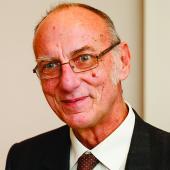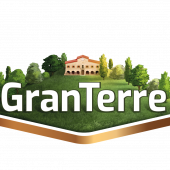Let’s change our curriculum
Acceleration by Stefano Lavorini
We know the way things are. Istat describes an Italian work market situation that is to say the least worrying: in September 2012 unemployment reached 10.%, which means 2,774 million people without work. And on top of that, the rate of unemployment of Italians between 15 and 24 years of age is up by 35.1%.
Hence we are facing a situation where a huge number of people have problems of material upkeep, but also that of individuals who are being denied the very status as citizens (art.1 of the Italian Constitution). Dignity and freedom are values that at this moment in time according to our opinion need to be restated, questioning our development model.
One speaks a lot of Sustainability, but this first and foremost should mean providing people with work and living prospects, as well as due attention to environmental problems. Because the sustainability of an economic system is based on the capacity to include everyone: the young and the old, the able and the disabled and, in particular, women who - what is more - are the object of a culture of repression and violence that in Italy since the beginning of the year has led to over a hundred victims.
As a paradigm of the importance, from an economic and ethical point of view, of placing the man and the women at the centre of the “true” project for the future, we not by chance entrust ourselves to the words of a woman, the winner of the Nobel prize for literature Wislava Szymborska.
In her poem “Writing a curriculum” she ably tells of how one one is forced to flatten ones life into a few lines: a metaphor, for us, as to how too often in many areas, the selfsame essence of the individual is negated.
Writing a curriculum
What must you do?
You must submit an application
and enclose a curriculum vitae.
Regardless of how long your life is,
the curriculum vitae should be short.
be concise, select facts.
Change landscape into addresses and
vague memories into fixed dates.
Of all your loves, mention only the marital,
and of the children, only those who were born.
It is more important who knows you
than whom you know.
Travels - only if abroad.
Affiliations - to what not why.
Awards - but not for what.
Write as if you never talked with yourself,
as if you looked at yourself from afar.
Omit dogs, cats and birds,
mementos, friends, dreams.
State price rather than value,
title rather than content.
Shoe size, not where one is going;
the one you are supposed to be.
Enclose a photo with one ear showing.
What counts is its shape, not what it hears.
What does it hear?
The clatter of machinery that shreds paper.
Taken from "View with a Grain of Sand"
Wislava Szymborska (1923-2012)

















